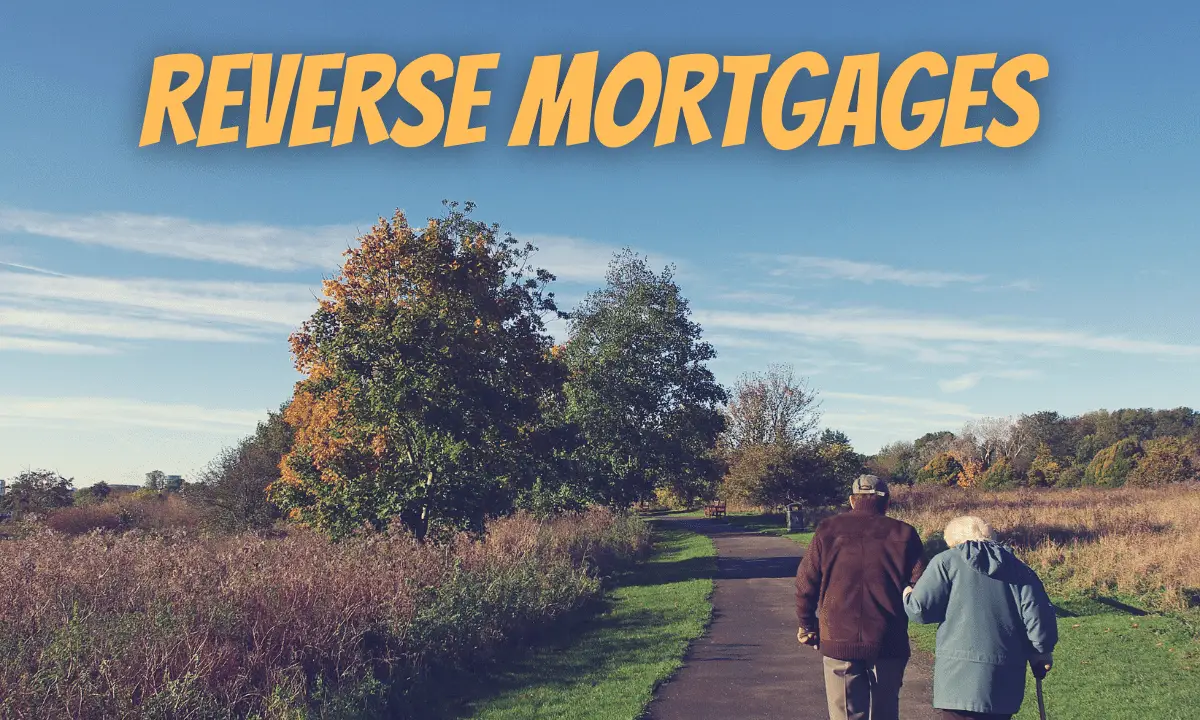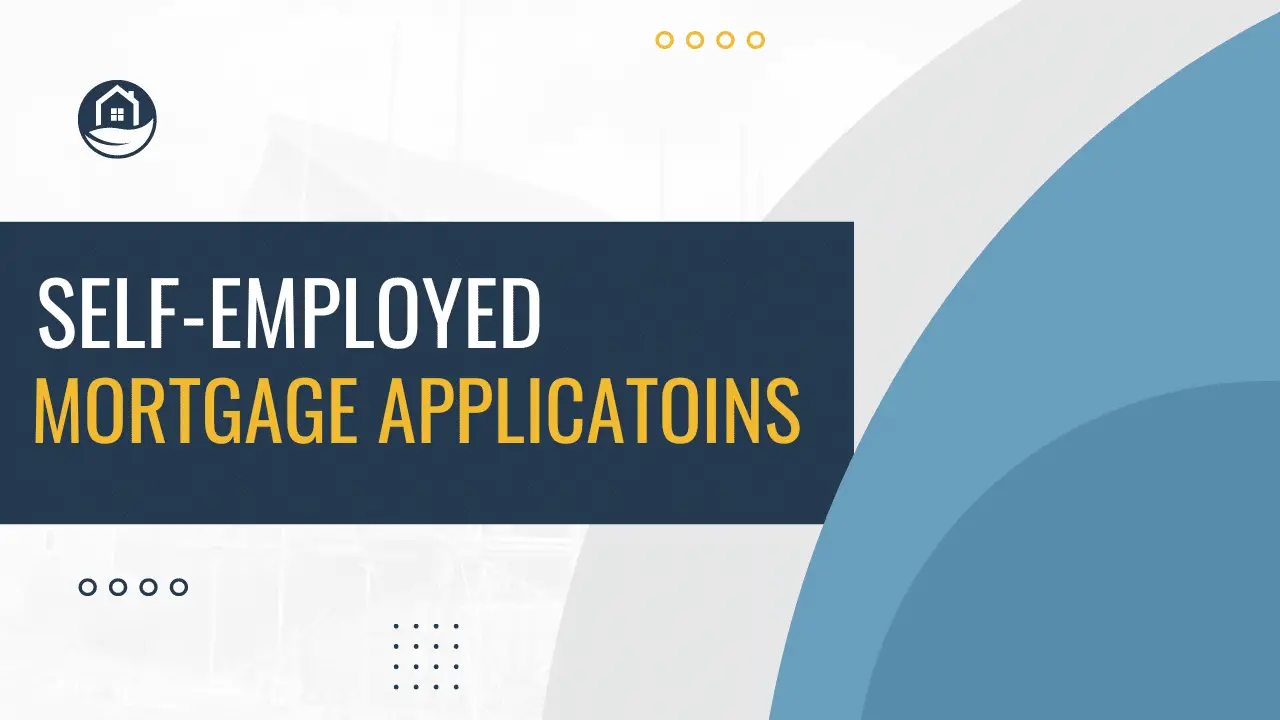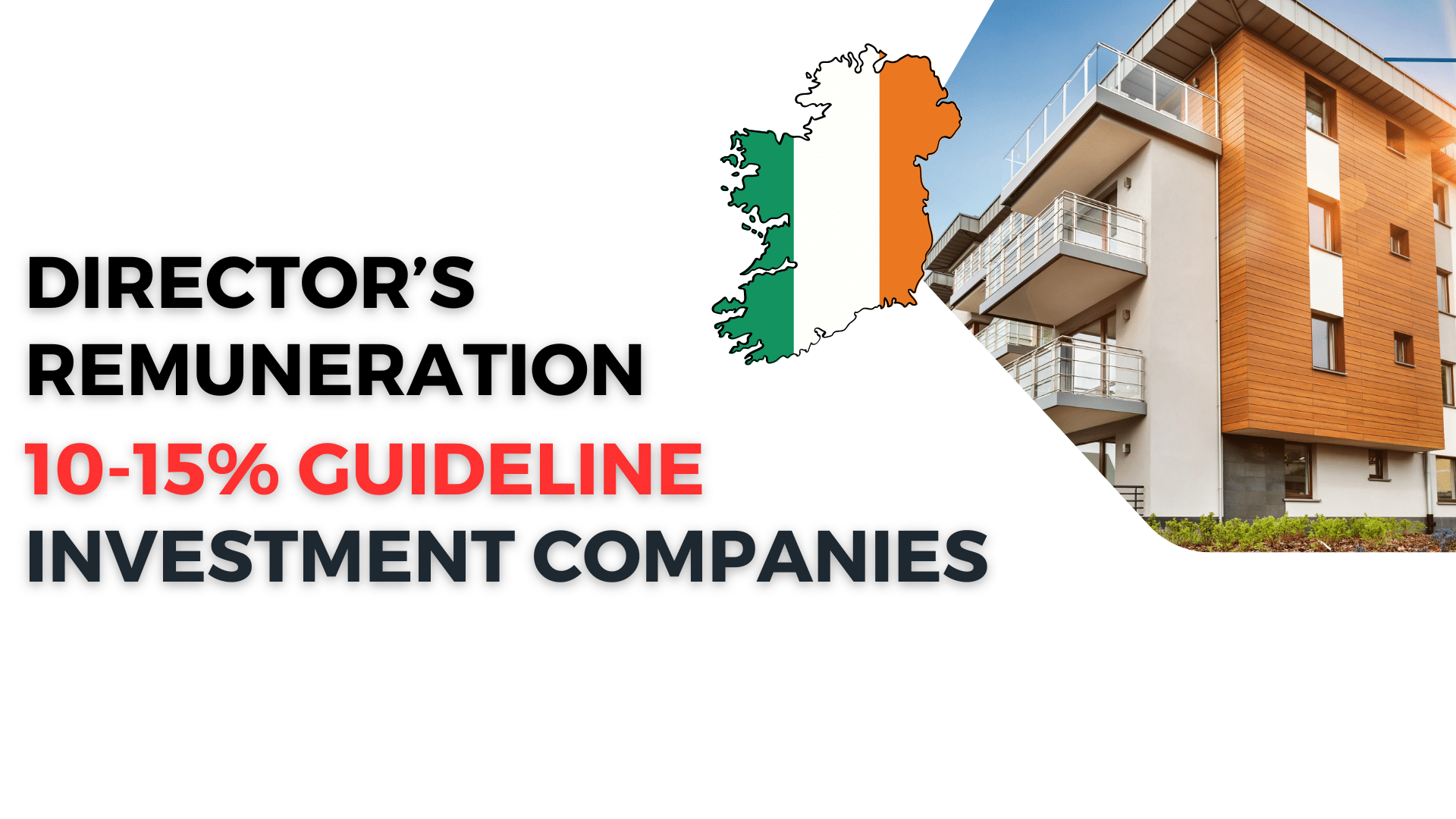Reverse Mortgages, or as they are often referred to as Lifetime loans, are a mechanism of releasing equity from your property. These loans are mostly targeted at individuals who are in retirement and may have large assets but little cash flow. These loans enable people to access the cash they need to fund their lifestyle while remaining in their property.
The property essentially acts as security for the loans, the beauty of it for the borrower is that they can remain in the home until they die and not have to worry about paying down the principal or the interest on this loan. But as we will discuss throughout this blog post there are many costs and downsides to this financial decision also.
There are not many providers in the Irish market when it comes to Reverse Mortgages. All figures and terms that I reference in this blog post are those set by Spry Finance. This product has not been very commonly used by Irish people, the loan book in 2018 reached only €250 million are per a recent Irish Times article.
This may change significantly in the future, house prices in Ireland are rising very rapidly. Some areas of the country are seeing double-digit growth figures over the prior year. This means that the net worth of homeowners will be increasing significantly.
But to access this wealth that is locked up in the asset you have to sell the property. But if you are attached to your home and do not want to move, Reverse Mortgages may seem appealing. Let’s discuss how they work and any potential downsides to this option a bit further.
Who is Eligible for a Reverse Mortgage in Ireland?
Here is a list of eligibility requirements for Spry Finance customers:
- You must be a resident of the Republic of Ireland
- Aged 60 or over
- Property used must be your own and be your primary residence
- Property must be worth at least €175,000 (€250,000 for Dublin homes)
- The property cannot be used for any commercial purposes
- Freehold property – if leasehold it must have a minimum of 99 years left on lease
- The mortgage on the property must be paid off (small mortgages can be sometimes cleared by reverse mortgage proceeds)
Certain types of properties do not qualify for a Reverse Mortgage – Holiday homes, Investment properties, properties in poor repair, commercial properties, period or nonstandard homes to name but a few.
How much can you borrow with a Reverse Mortgage in Ireland?
The maximum amount that you can borrow will depend on the valuation of your property and your age. The older you are the higher the loan they are prepared to give you.
Spry Finance also set a minimum borrow amount of €20,000.
| Age | % of Property Value |
|---|---|
| 60 | 15% |
| 61 | 16% |
| 62 | 17% |
| 63 | 18% |
| 64 | 19% |
| 65 | 20% |
| 66 | 21% |
| 67 | 22% |
| 68 | 23% |
| 69 | 24% |
| 70 | 25% |
| 71 | 26% |
| 72 | 27% |
| 73 | 28% |
| 74 | 29% |
| 75 | 30% |
| 76 | 31% |
| 77 | 32% |
| 78 | 33% |
| 79 | 34% |
| 80 | 35% |
| 81 | 36% |
| 82 | 37% |
| 83 | 38% |
| 84 | 39% |
| 85 | 40% |
How is Reverse Mortgage Loan Repaid?
The main benefit of a Reverse Mortgage is that you do not have to worry about repaying the mortgage (principal or interest) as long as you remain in the home, which will give you comfort and security. There are only certain instances that would require the mortgage to be repaid before the borrower passes away.
- Selling the home would make the loan repayable immediately
- Ceasing to reside in the home (12 consecutive months)
If you do not trigger an early repayment then beneficiaries of your estate will be responsible for the repayment of the mortgage. They will have the option of selling the house and using the proceeds to pay down the loan. Or alternatively, they can choose to keep the home and repay the mortgage if they have the funds to do so.
Spry Finance has in place a no negative equity guarantee. This means that even if the proceeds from the sale of the house are not enough to repay the mortgage in full, then the lender will cover the balance due.
Another thing to be careful with is getting caught out with early repayment charges if you decide that you want to repay this mortgage within 10 years of taking out the loan. You will be able to make early repayments within certain limits without incurring these charges if you wish but it is always best to check it out before you proceed.
The following circumstances will not result in an early repayment charge:
- Death of borrower
- Move to permanent long term care
- Full repayment within 3 years of the death or move to permanent long term care of first nominated resident
- Sale of the property
Is it all too good too be true?
Even though Reverse Mortgages require you to not have to make any repayments for the rest of your life, the loans can work out as very expensive.
The fixed rate of interest on Reverse Mortgage offered by Spry Finance is currently 4.95%. These rates are likely much higher than what you would have paid when you took out the original mortgage on your home. Mortgage rates in Ireland currently range between 2% – 3.3%.
The added cost factor is that when you are not making interest repayments on your loan then the interest can compound and accumulate to an extraordinarily high amount on your loan.
For example, if you draw down a €60,000 Reverse Mortgage for 15 years, the accumulated interest on the mortgage at the end of the 15 years will be €38,328, leaving a total amount to be repaid of €98,328.
Are there any other options?
One method of accessing some cash without having interest costs eating into your loved ones’ inheritance is downsizing. In Ireland, you will not have to pay capital gains tax on the profits of the disposal on your principal private residence. By selling your property and downsizing you will be able to hold on to the profit you make without paying any tax.
You would then also have the freedom to invest the proceeds until you need them and hopefully make your cash pile grow before you need to draw it down.
Another option that is worth considering is a sale and leaseback agreement. This would involve you selling your home and as part of the agreement you would be allowed to rent the home for as long as you need from the buyer. This option cuts out the interest costs and you would be able to get your hands on a larger sum of money. On the downside you would have to pay rent.
Final Thoughts
Reverse Mortgages may have their use for people who have found themselves in a tricky situation and need cash to help support their lifestyle in retirement. The benefit of accessing the cash will have a knock-on effect on your inheritance that you pass on to the next generation due to the very high-interest costs on the mortgages.
Before making such a big decision it is important to talk to a financial advisor to see what other options are available to you.
Disclaimer: This blog post is for informational and educational purposes only and should not be construed as financial advise.






